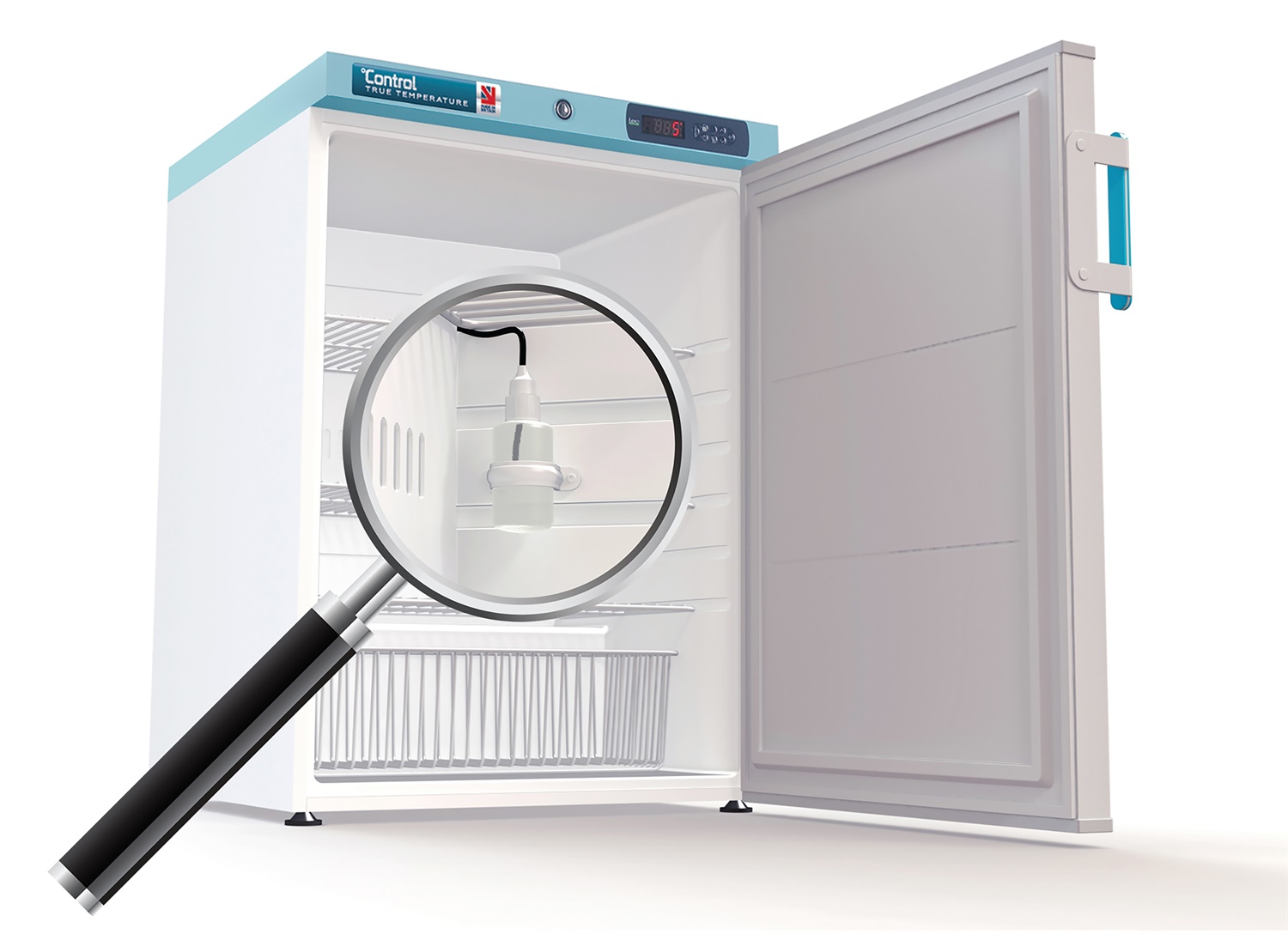04.09.17
Maximising vaccine storage safety
Ian Harbinson, marketing manager at Lec Medical, discusses the importance of safe vaccine storage and the developments within medical refrigeration designed for the NHS.
There are daily headlines surrounding the NHS, its funding and, of course, the overall health of the nation. As these subjects dominate the news, there has never been so much emphasis on healthcare meeting targets both in terms of care and budget, keeping unnecessary wastage at an absolute minimum whilst also improving the facilities within the NHS itself.
For example, vaccines are extremely high value, costing the NHS approximately £200m per year. They are costly in their development, production, transportation, storage and administration, with each vaccine essential to protecting the health of both children and adults alike. It is therefore vital that vaccines are prevented from being accidentally spoiled, damaged or even lost at every possible opportunity. In fact, estimations suggest that even if each establishment lost just one dose of Pediacel vaccines every month, it would cost the NHS an addition £4m a year. It’s easy for this to happen: inappropriate storage facilities, poor cold chain distribution or a simple lack of checking and monitoring the temperature of the refrigeration system can all lead to extremely costly losses of valuable vaccines and medicines alike.
At Lec Medical we have been developing refrigeration and temperature monitoring systems to provide refrigeration storage solutions for over 70 years in order to make life easier for both operator and establishment, helping to keep vaccines safe 24/7, 365 days a year. Accurate temperature measurement and safety has been the driving force behind our latest vaccine refrigeration portfolio, our ‘Control’ range, whereby each unit within the range is fitted with two separate in-built temperature monitoring probes for the ultimate accuracy and peace of mind.
One probe monitors the air temperature of the fridge so this can give an early indicator as to whether the fridge is at the correct temperature before any spoilage or damage to the vaccines can occur. The secondary probe has been the key focus for us at Lec Medical with the new ‘Control’ range, as this replicates the actual vaccine vials’ temperature. This means that even if the air temperature inside the fridge deviates from standard temperatures, staff will be able to check the vaccine probe and see if that deviation has caused a problem with the vaccines themselves or if in fact, now the problem has been caught quickly and resolved, there will be no unnecessary wastage.

For staff, this additional peace of mind is a real benefit as it helps to prevent the occurrence of vaccine wastage due to uncertainty. Particularly during peak seasons, where there will be an influx of certain vaccines requiring high volumes of storage, such as flu or travel seasons, the market-leading temperature measurement system within our ‘Control’ refrigeration units also make it easy for designated members of staff to record the two temperatures daily, and provides them with the data required for hospital records and audits.
At Lec Medical we have focused a great deal on easing the workload of the staff in the NHS when storing such valuable contents such as vaccines, as well as providing equipment with safety measures in place for added reassurance. Of course, numerous safety precautions must be followed when staff are dealing with vaccines such as monthly stock audits. These audit records of stock and temperature management need to be shared with the local screening and immunisation teams. Additional little things such as making sure that there is no build-up of ice or whether the fridge is overstocked are all safety measures that should be undertaken daily, in addition to the larger-scale temperature monitoring, recording and carrying out of regular health checks on all medical refrigeration units.
There are a number of information sources where NHS facilities can find the exact guidelines on the correct storage equipment to use (as well as on the entire cold chain process), such as Public Health England and the CQC websites. It is imperative that healthcare professionals are fully aware of the correct procedures and processes set out by these official bodies for maximum storage safety.